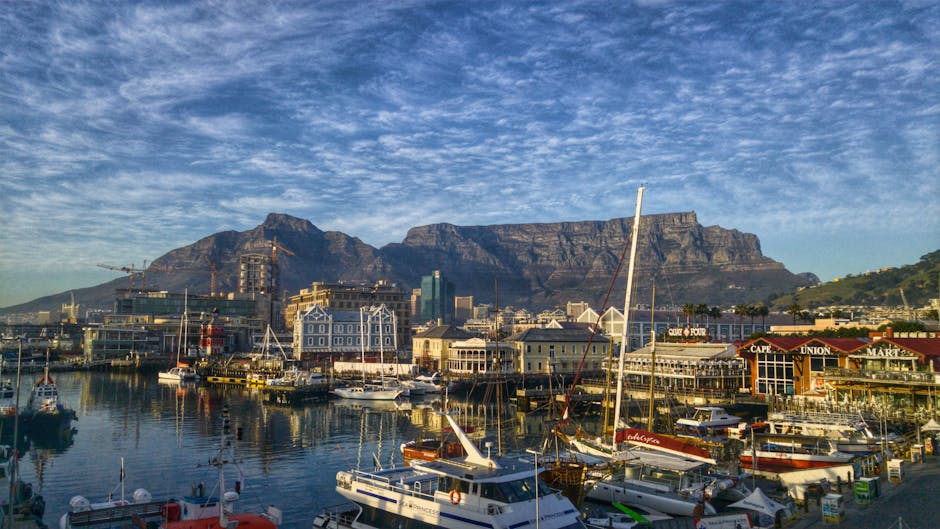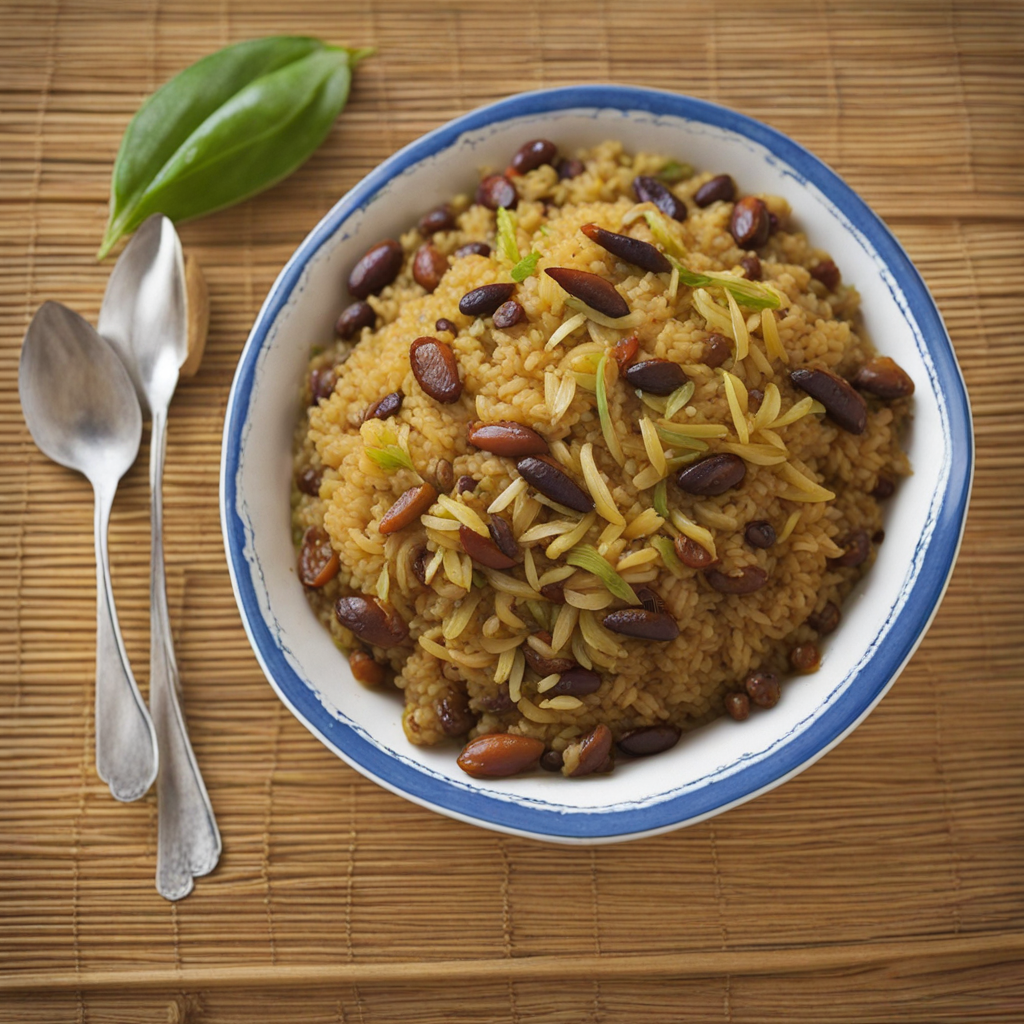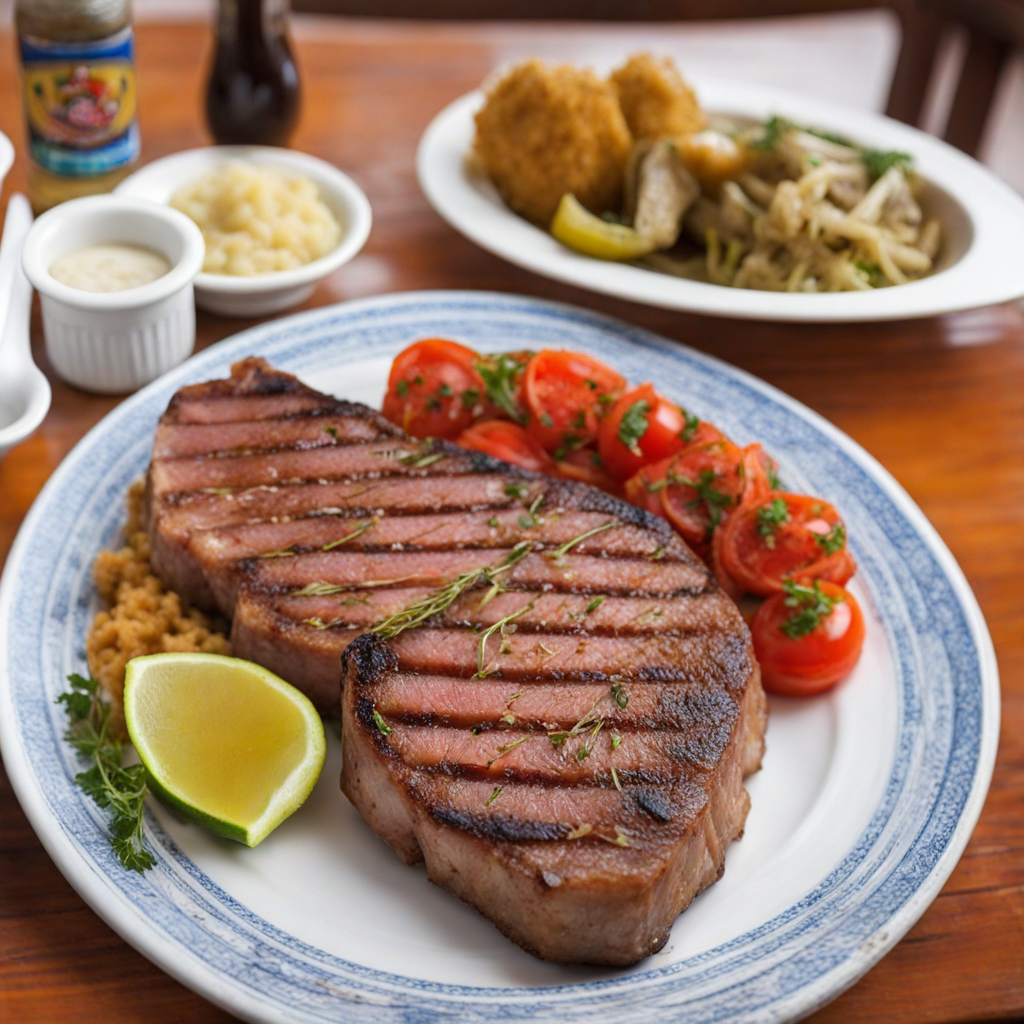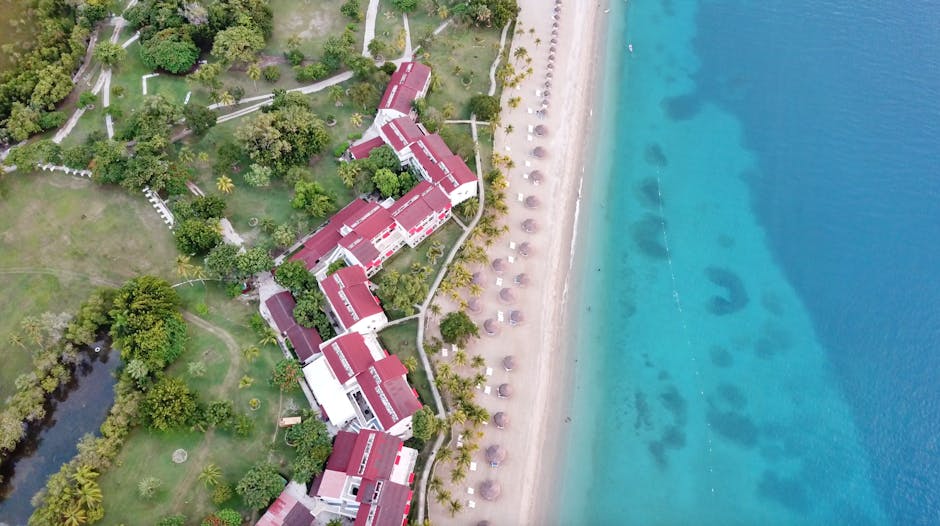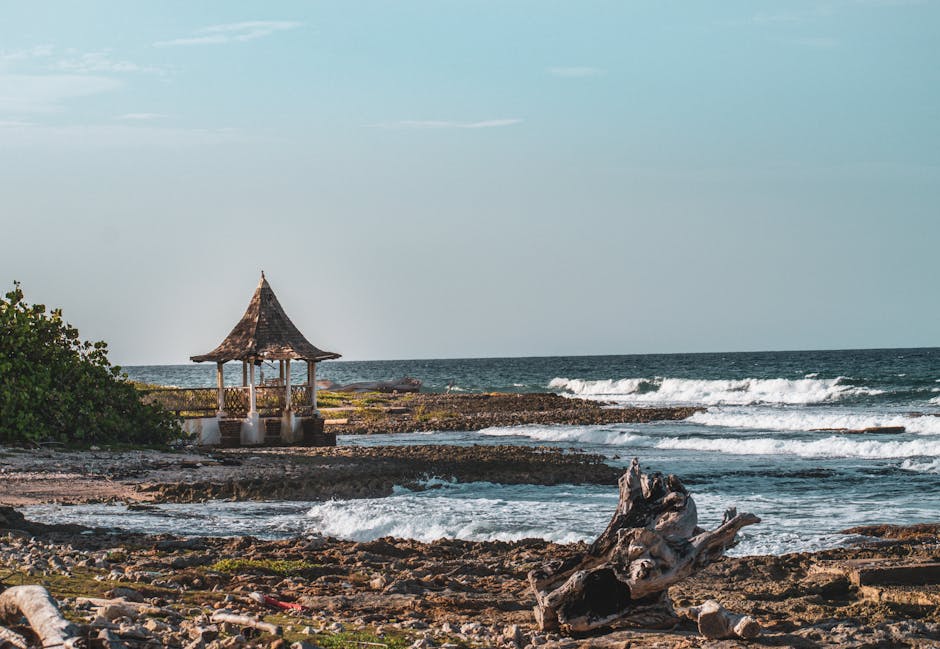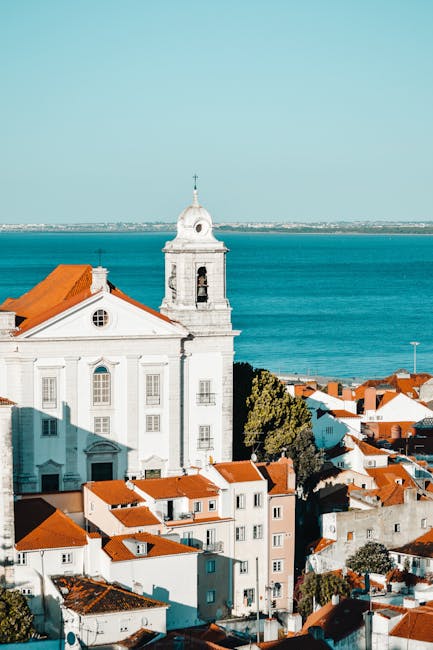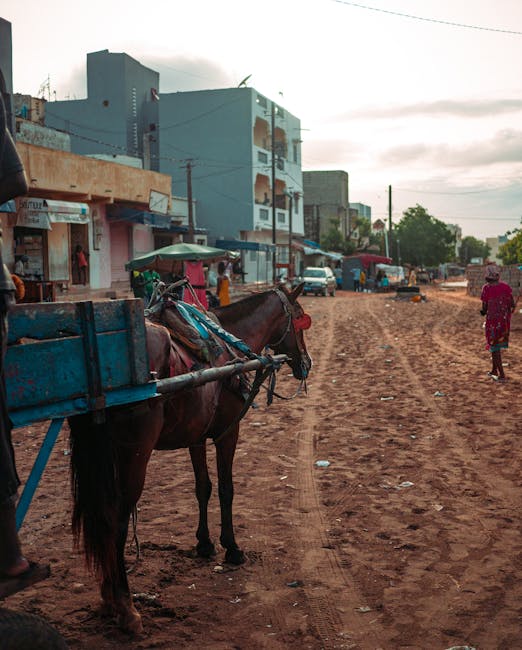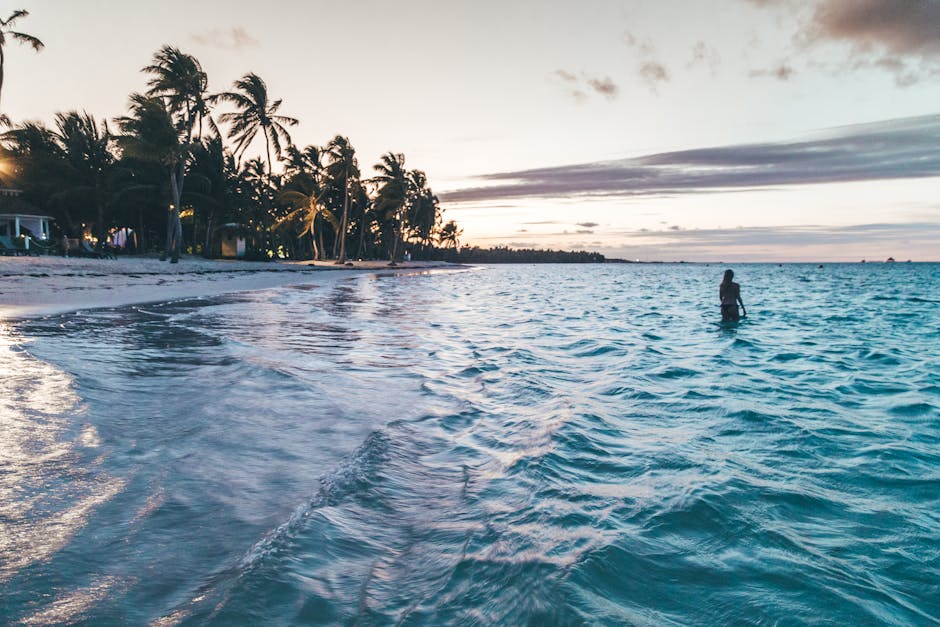Cape Verde
Overview
Cape Verde, also known as Cabo Verde, is an enchanting archipelago located off the west coast of Africa. Known for its vibrant blend of African, Portuguese, and Brazilian influences, this island country is a melting pot of cultures that shines through in its music, food, and the warm hospitality of its people. One of the unique aspects of Cape Verde is its diverse landscapes - from the volcanic peaks of Fogo, the sandy beaches of Sal and Boa Vista to the verdant valleys of Santo Antão. The country's music style, Morna, is a soul-stirring genre that has gained international recognition thanks to the late singer Cesária Évora, affectionately known as the Barefoot Diva.
The high season for tourism in Cape Verde runs from November to June, with the most pleasant weather experienced between November and February. Due to its tropical climate, the weather is generally warm, but the islands are cooled by sea breezes. During this period, there is a myriad of activities available for visitors. For beach lovers and water sports enthusiasts, the islands of Sal and Boa Vista offer excellent conditions for surfing, windsurfing, and diving. Hiking enthusiasts can explore the rugged terrains of Santo Antão and Fogo, while those interested in wildlife can visit the turtle nesting sites on Boa Vista. The islands are also host to several music festivals during this season, offering a fantastic opportunity to experience the country's rich cultural heritage.
Before visiting Cape Verde, travelers need to ensure they have a few things in order. The country requires a tourist visa for most visitors, which can be obtained upon arrival, but it's advisable to arrange it in advance. It's recommended to have travel insurance that covers medical expenses. Make sure you're up-to-date on routine vaccines, and it's also advised to get vaccinated for Hepatitis A and Typhoid. As Cape Verde is a cash-based society, ensure to carry sufficient cash, although ATMs are available in larger towns. Lastly, the official language is Portuguese, and while English is understood in tourist areas, it would be beneficial to learn a few basic phrases in Portuguese or Cape Verdean Creole.
A Glimpse into the Past
Cape Verde, an archipelago located about 570 kilometers off the western coast of Africa, offers travelers a unique blend of rich history, vibrant culture, and stunning landscapes. The islands were uninhabited until the 15th century when they were discovered by Portuguese explorers. The first settlement was established on the island of São Tiago in 1462, a pivotal moment that marked the beginning of Cape Verde's colonial history.
The islands soon became a crucial stop for the transatlantic slave trade, with ships passing through to transport enslaved Africans to the Americas. This led to a mix of cultures, as the local population began to intermingle with the Portuguese settlers and enslaved individuals. The result was a rich tapestry of traditions, languages, and customs that still thrive today. The Cape Verdean Creole language, or Kriolu, is a testament to this cultural fusion and is widely spoken across the archipelago.
Travelers visiting Cape Verde can explore the historical significance of the islands in places like Ribeira Grande on the island of São Nicolau, the first colonial capital and a UNESCO World Heritage site. The remnants of colonial architecture and the vibrant market scene offer a glimpse into the past while showcasing the island's contemporary life. The island's mountainous terrain also provides hiking opportunities, with trails leading to breathtaking vistas and endemic wildlife.
The 19th century saw Cape Verde emerging as an important center for maritime trade. Ports like Praia, the capital city located on the island of São Tiago, flourished as commercial hubs. Today, Praia is a bustling city where travelers can immerse themselves in local culture, with markets such as Mercado da Prainha offering fresh produce, spices, and handicrafts. Visitors should take a stroll along the picturesque Avenida 5 de Julho, lined with palm trees and cafes, where they can enjoy the vibrant atmosphere.
The struggle for independence from Portuguese colonial rule began in the mid-20th century, culminating in a declaration of independence in 1975. This period was marked by significant political and social changes, shaping modern Cape Verde into a democratic nation. The first president, Aristides Pereira, led the country through its early years of independence, focusing on education and economic development. Travelers can learn about this transformative period at the National Museum of Cape Verde in Praia, which showcases the islands' historical artifacts and cultural heritage.
The islands' diverse geography, ranging from volcanic mountains to sandy beaches, offers a wealth of outdoor activities. Fogo Island, home to the active Fogo Volcano, is a must-visit for adventure seekers. Hiking to the summit provides panoramic views of the crater and surrounding landscapes. The island is also famous for its coffee and wine production, with local vineyards offering tastings that highlight Cape Verde's unique agricultural potential.
On the island of Boa Vista, travelers can relax on some of the most beautiful beaches in the world, such as Praia de Chaves and Praia de Santa Monica. The island's dunes and crystal-clear waters create an idyllic setting for sunbathing, swimming, and water sports. Boa Vista is also known for its rich marine life, making it a popular destination for snorkeling and diving enthusiasts.
Another significant island is Sal, known for its arid landscapes and stunning beaches. The salt flats of Pedra de Lume are a unique attraction, offering visitors a chance to float in the saline waters of a dormant volcanic crater. The island’s lively town of Santa Maria features colorful buildings, a vibrant nightlife, and a variety of restaurants serving local cuisine. Traditional dishes like catchupa (a hearty stew) and fresh seafood are must-tries for any visitor.
Cape Verde's music is an essential aspect of its cultural identity, with genres like morna and coladeira reflecting the islands' history and influences. Renowned singer Cesária Évora, often referred to as the "Barefoot Diva," helped popularize Cape Verdean music worldwide. Travelers can experience live performances at local venues or festivals, where the rhythm and passion of Cape Verdean music come alive.
The islands are also home to a range of festivals that celebrate local culture and traditions. The Grogue Festival in São Vicente highlights the production of the traditional sugar cane spirit, while the Carnival celebrations in Mindelo are renowned for their colorful parades and vibrant costumes. These events offer travelers a chance to engage with the local community and experience Cape Verde's lively spirit firsthand.
For nature lovers, the Boa Vista Turtle Project is an incredible initiative focused on the conservation of sea turtles. Visitors can participate in beach clean-ups and learn about the nesting habits of these magnificent creatures, contributing to their protection while enjoying the stunning coastal scenery.
Cape Verde's strategic location also makes it a melting pot of cultures. The islands have been influenced by Portuguese, African, and Brazilian traditions, creating a unique cultural landscape. Travelers will find this blend reflected in the local cuisine, music, and art, providing endless opportunities for exploration.
In conclusion, Cape Verde is a destination that offers a rich historical narrative alongside breathtaking natural beauty. The islands' past as a hub for trade, the legacy of colonialism, and the struggle for independence all contribute to a fascinating cultural experience. From the colonial architecture in Ribeira Grande to the vibrant markets of Praia, every corner of Cape Verde tells a story. Whether you're hiking the volcanic landscapes of Fogo or relaxing on the pristine beaches of Sal and Boa Vista, Cape Verde is a journey through history and culture that leaves a lasting impression on every traveler.
Top cities for tourists in Cape Verde
Discover the Famous Cities That Might Captivate Your Interests
Must-Try Foods You Can't Afford to Miss
Indulge in a Variety of Fantastic Foods During Your Stay in Cape Verde
May Be Your Next Destinations
People often choose these countries as their next destination



